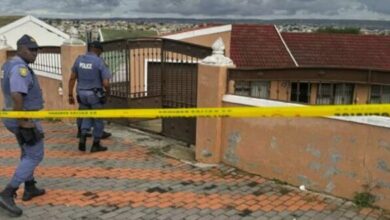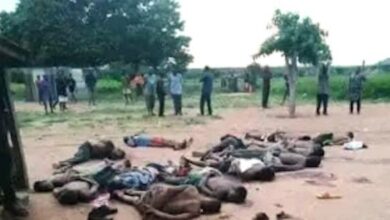United States cites top religious freedom violators moving into 2020
The State Department issued its latest designations of the world’s most serious violators of religious freedom, moving Sudan down to its next-tier watch list.
Secretary of State Mike Pompeo announced the decisions just before Christmas, including the shift of Sudan’s status, which he attributed to “significant steps taken by the civilian-led transitional government to address the previous regime’s ‘systematic, ongoing, and egregious violations of religious freedom.’”
Sam Brownback, the U.S. ambassador-at-large for international religious freedom, told reporters in a conference call Thursday there has been a halt in the raids on house churches and related movements in the predominantly Muslim country.
“They’ve stopped bulldozing churches; they’ve redesignated Christmas — both the normal Christmas and Orthodox Christmas — as national holidays,” the ambassador said. “They have brought, now, people of other faiths into the new cabinet.”
Brownback said he hopes the change in the department’s designation of Sudan will give the new government “breathing room” as its leaders seek to continue to put reforms in place following the ouster of Omar al-Bashir after his 30-year rule.

The department on Wednesday retained its designation for the nine other countries that had been categorized as “countries of particular concern”: Burma, China, Eritrea, Iran, North Korea, Pakistan, Saudi Arabia, Tajikistan and Turkmenistan.
READ: Nigeria tops persecution news stories
Brownback said Nigeria had been added to the department’s “special watch list” for the first time because of conditions in the West African country, where there have been conflicts between the Muslim majority and Christian minority populations.
“It is a dangerous situation in too many parts of Nigeria, and the government has either not been willing to or been ineffective in their response, and the violence continues to grow,” he said.
Other countries on the second-tier list now include Cuba and Nicaragua. They join Comoros, Russia, and Uzbekistan.
The department also designated the following militant groups as “entities of particular concern”: Nusra Front; al-Qaida in the Arabian Peninsula; al-Qaida; al-Shabab; Boko Haram; the Houthis; the Islamic State group, or ISIS; ISIS-Khorasan; and the Taliban.
The U.S. Commission on International Religious Freedom welcomed the latest State Department decisions.
“By calling out the governments that perpetrated or tolerated the most severe religious freedom violations globally in the past year, these designations send a strong signal that the U.S. government will not stand for these abuses,” said USCIRF Chair Tony Perkins in a statement.
Brownback said his office will be working to build new alliances related to religious freedom in the coming year.
He said he plans to attend the Jan. 15-16 launch at the Vatican of an “Abrahamic faith initiative” that will gather Jewish, Christian and Muslim theologians in efforts to promote peace in countries where members of those faiths have faced tensions and violence.
“In the world, we’re either going to learn how to respect and love one another or we’re going to kill each other,” Brownback said. “This is really the time, I think, for faith communities and the faithful to step up as an instrument for peace in a world that sees far too much violence.”
He also is planning a Feb. 5-6 kickoff event for the International Religious Freedom Alliance, the creation of which Secretary of State Mike Pompeo announced in July at the State Department’s second Ministerial to Advance Religious Freedom.
For the first time in history, guided by the Trump administration, ending religious persecution has become a top priority of the State Department.
–Adelle M. Banks | Religion News Service






